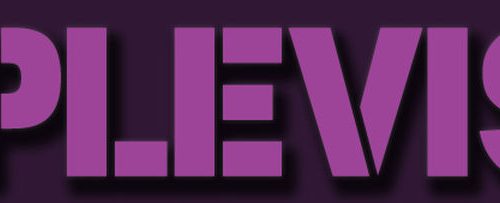Drama with Athletes!
a bit of information…
City of Lisburn Athletics club is an organisation that coaches’ people of all ages and abilities, I will be collaborating with the junior club that coaches’ children from the early age of eight all the way through to eighteen. I have always been enthusiastic about sports and have a keen interest with working with children, so this placement, as it offers both, seemed like a good fit for me. I often asked myself before staring my placement how my skills learnt within drama will fit into the world of sport and athletics, but I discovered quickly just how many skills are transferable. To reflect on this experience, I will be using ‘Gibbs’ Reflective Cycle’ which allows me to go into more detail of the experience rather than explaining what I did.
“It is not sufficient simply to have an experience in order to learn. Without reflecting upon this experience, it may be forgotten, or its learning potential lost.”
(Gibbs, 1988)
Description:
I had an unofficial session at the club which centred around watching and learning a typical session, a skill often developed when working any new project with a cast or crew. An introduction with the athletes and coaches took place and I watched Tracey, the coach I will be working with, take a session. Tracey introduced me to the group of athletes I will be working with during my time with the club, this session mostly being a meet and greet where I was able to get to know them beyond their first names and learn about their goals and achievements.
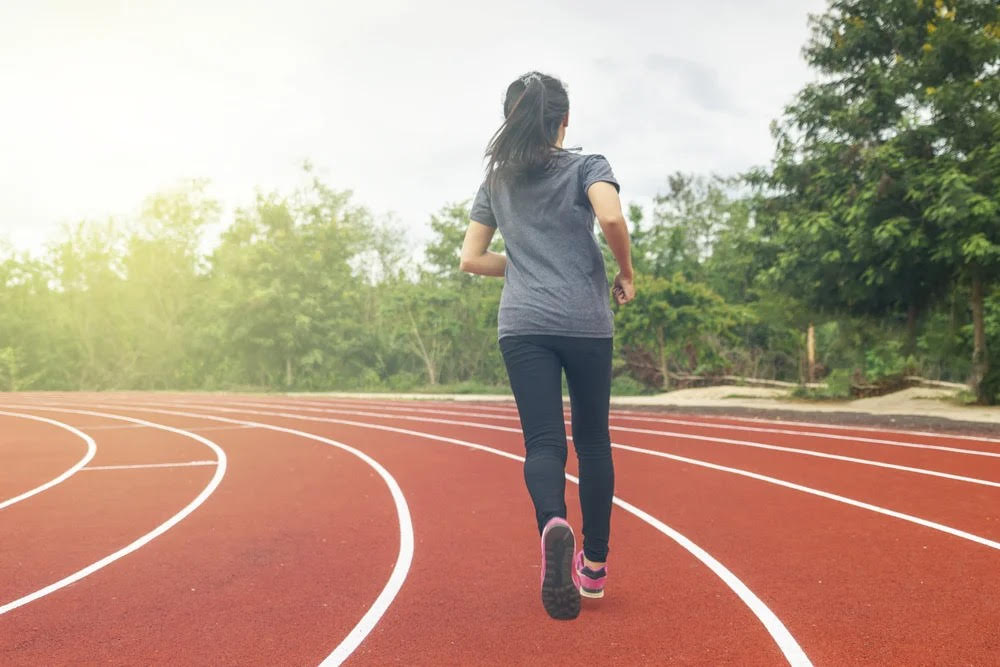
How I felt then:
My first official session however brought on a whole heap of nerves, especially after finding out athletes that I will be coaching are training for an Irish or British vest. During this session Tracey instructed me to take the warm up. After taking notes from the first session, I was feeling confident that I would be able to manage this. However, when standing in front of near professional athletes, it can become intimidating. Attempting to change my nerves into excitement I used the use of music to release my nervous energy and create a fun atmosphere. Remembering the structure “go head to toe” from Tracey’s last session allowed me to successfully complete the rest of the warm up. Both of my past experiences working with children were primary school children, so the change of teaching nine-year-olds compared to sixteen-year-olds was a significant difference. There is an emotion I felt that I cannot quite place when trying to coach people a similar age to your own, which led me to discover the line between coach and friend can sometimes become blurred. I felt a responsibility to try not blur the line too much leading me to create a more authoritative version of myself that I presented to the athletes.
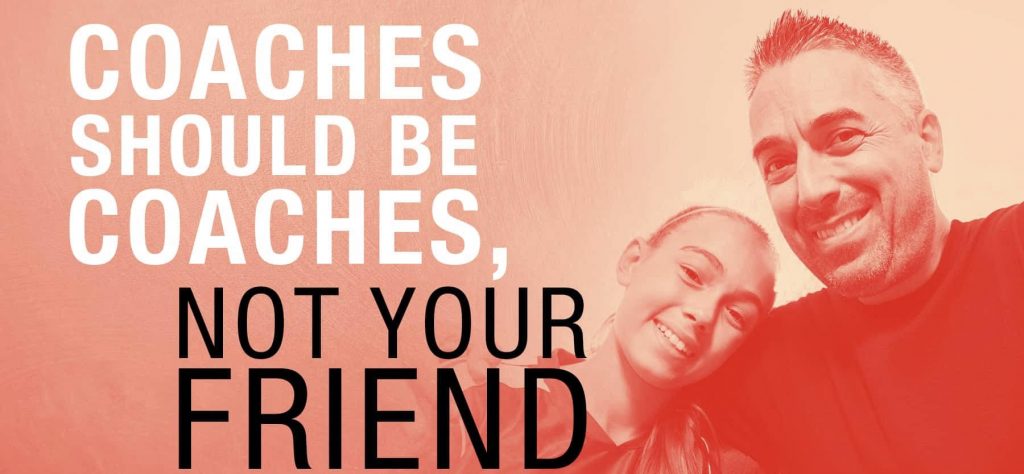
Evaluation:
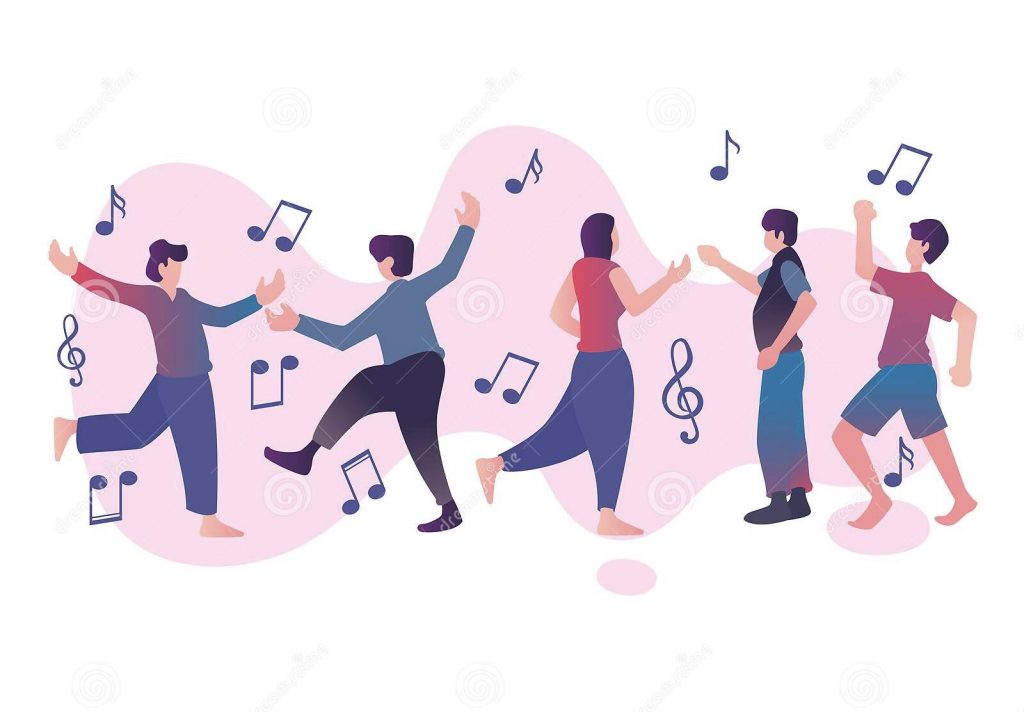
When I involved the use of music during the warm up, I noticed a shift within how the athletes reacted to me, becoming warm and their shoulders loser and their stance becoming a bit more relaxed and open with me. Engaging with the older children in light hearted conversation or what the kids call “banter” was easier to fall into than what you might think. When this happened, I quickly realised using specific confidence techniques acquired from drama helped. I learnt from the workshop technique called “who has more power” where you learn how to conduct yourself with more authority based on how high your number is. When conducting myself as an eight (a number with the right balance of authoritativeness and friendliness needed in this environment) I noticed the effect this can have on the athletes and in turn the level of respect you receive. As I used to train and compete myself, I had basic knowledge before starting my placement, nonetheless, seeing it from the perspective of a coach was not only great but eye opening; The warm ups being a bit more strategic, the sessions becoming a bit more structured. This was not without its challenges however, as learning the ins and outs of how a session runs stretches further beyond just the group you coach. For example, special awareness, something I had to quickly adapt to during these first two sessions. There are a wide variety of athletes training alongside your own, that include the use of a javelin, hammer, or discus and if you are not incredibly careful a fun situation can soon turn disastrous.
Analysis:
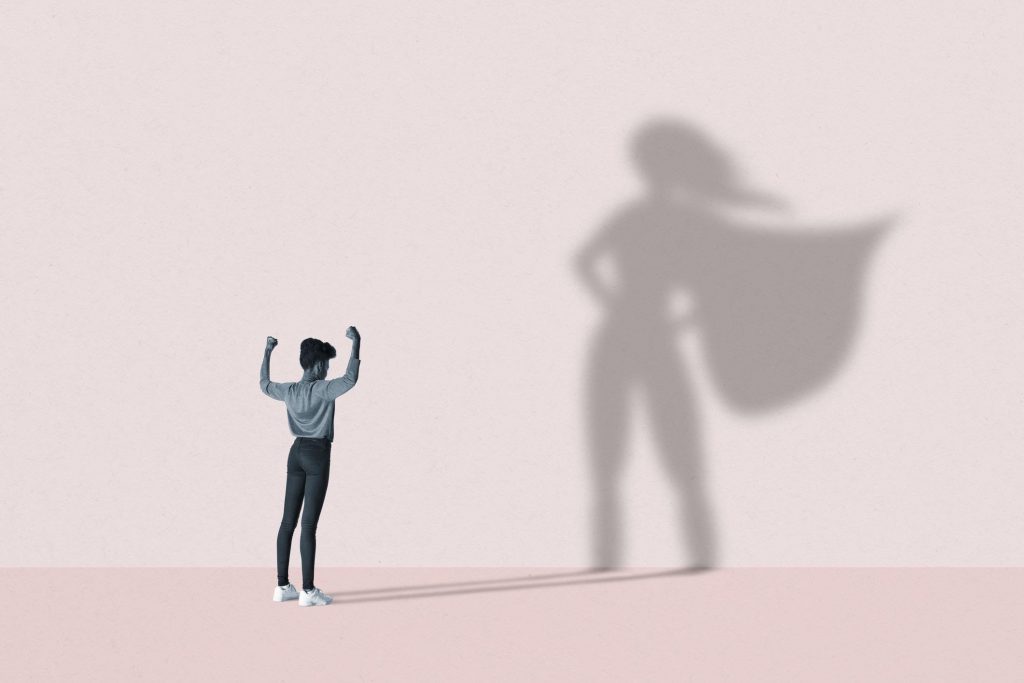
I noticed that the athletes responded positively to my use of music however I did not realise just how important leadership skills are when controlling a group of people. As I am not normally someone who enjoys commanding a group when not in character, this was an important stepping stone for me. Receiving a positive reaction only helped me garner momentum going into the rest of the session. Using confidence techniques and conducting myself as an eight I felt landed positively with the athletes. It allowed me to establish a certain relationship with these kids where they listened to what I said and followed through with my instructions. An important life skill I have acquired from drama is adaptability. This skill coming in handy not only for my special awareness but when the weather became too harsh to continue and we had to move inside for fifteen minutes of the session. While learning to adapt to situations that quickly arise within drama, improvisation has been my go-to solution, with this session not any different. I was able to produce games such as red-light green light to keep the athletes engaged and active while the weather remained harsh as my main focus was injury prevention.
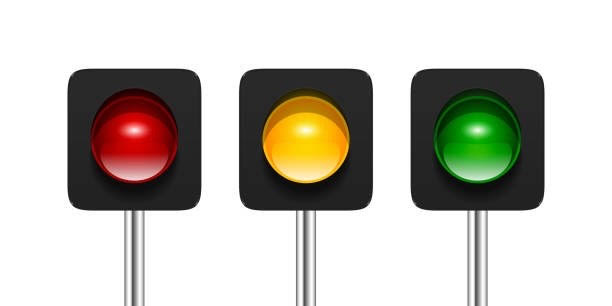
Conclusion and action plan:
As I become more comfortable in my role, I am realising techniques I could use to get the most out of the athletes’ such as ‘over under game’ to test them mentally and physically to further heighten the friendly competitive atmosphere. In conclusion, I would say my first two days were successful and undoubtedly beneficial in terms of information for enhancing further sessions.
References:
creative_youth, The Gibbs reflective cycle, Creative Youth Network. Available at: https://www.creativeyouthnetwork.org.uk/the-gibbs-reflective-cycle (Accessed: November 13, 2022).
Learning To Say 'No'!
You May Also Like

Securing a Placement: An Observation in Timing and Luck
25 November 2022
The Pen Is Mightier Than The Sword
24 November 2022